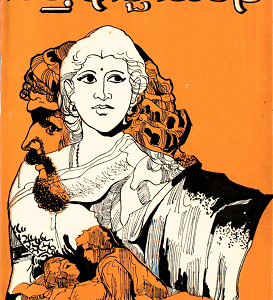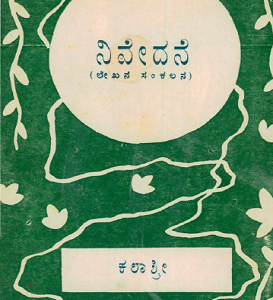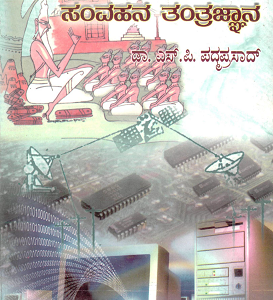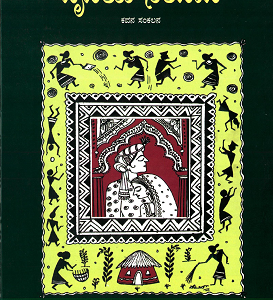Journals of Expeditions of Discovery into Central Australia and Overland from Adelaide to King George’s Sound in the Years 1840-1: Sent By the Colonists of South Australia, with the Sanction and Support of the Government: Including an Account of the Manners and Customs of the Aborigines and the State of Their Relations with Europeans — Volume 01
| Publication Language |
English |
|---|---|
| Publication Type |
eBooks |
| Publication License Type |
Open Access |
| Publication Year |
2004 |
| Publisher |
Project Gutenberg |
| Publication Author |
Eyre Edward John |
Kindly Register and Login to Tumakuru Digital Library. Only Registered Users can Access the Content of Tumakuru Digital Library.
















